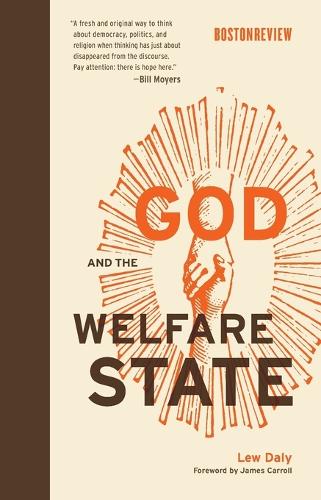
God and the Welfare State
(Paperback)
Publishing Details
God and the Welfare State
By (Author) Lew Daly
MIT Press Ltd
MIT Press
16th December 2016
United States
Classifications
General
Non Fiction
Social groups: religious groups and communities
Poverty and precarity
Religion and politics
322.10973
Physical Properties
Paperback
154
Width 114mm, Height 178mm, Spine 11mm
Description
Can religion cure poverty The first book to explore the ideas about God and government behind the faith-based initiative.
When the Bush administration's faith-based initiative was introduced in 2001 as the next stage of the "war on poverty," it provoked a flurry of protest for violating the church-state divide. Most critics didn't ask whether it could work. God and the Welfare State is the first book to trace the ideas behind George W. Bush's faith-based initiative from their roots in Catholic natural law theory and Dutch Calvinism to an American think tank, the Center for Public Justice. Comparing Bush's plan with the ways the same ideas have played out in Christian Democratic welfare policies in Europe, the author is skeptical that it will be an effective new way to fight poverty. But he takes the animating ideas very seriously, as they go to the heart of the relationship among religion, government, and social welfare. In the end Daly argues that these ideaswhich are now entrenched in federal and state politicsare a truly radical departure from American traditions of governance. Although Bush's initiative roughly overlaps with more conventional conservative efforts to strengthen private power in economic life, it promises an unprecedented shift in the balance of power between secular and religious approaches to social problems and suggests a broader template for "faith-based governance," in which the state would have a much more limited role in social policy.
Author Bio
Lew Daly is an independent scholar who lives in New York City. He studied religious ethics at Union Theological Seminary and has worked as a prison chaplain.
